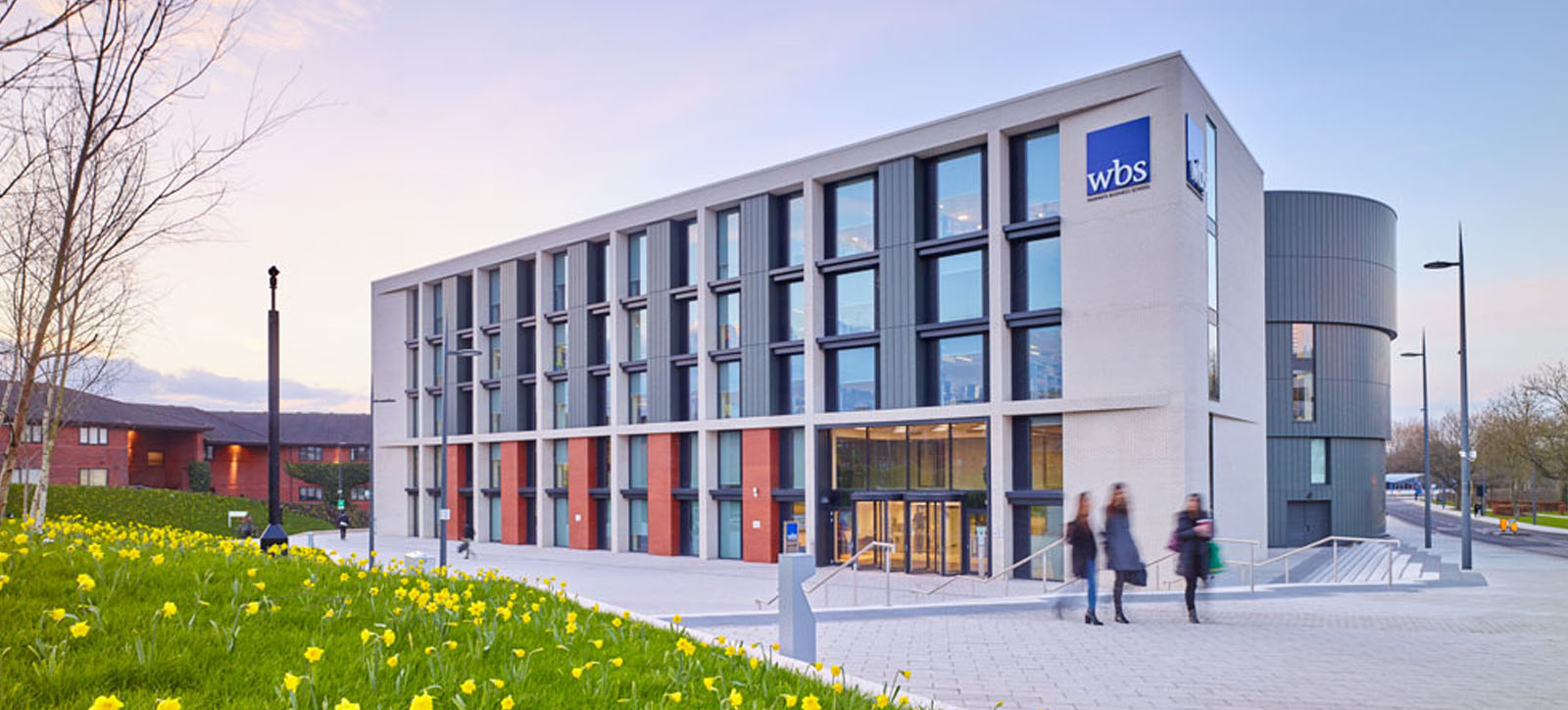
School support: Business leaders are looking for business schools to help them with hybrid working
At a conference bringing academia and industry together on the future of the MBA, the CEO of holiday resort chain Butlin’s has called for more research and training on hybrid working from business schools.
Jon Hendry Pickup, who took over as CEO at Butlin’s in 2018, was talking on a panel discussing the future of the MBA at Warwick Business School's celebration to mark the 50th cohort of its Executive MBA since it was launched in 1993.
Mr Hendry Pickup, who did his MBA at WBS, believes the emergence of hybrid working in the pandemic has made training and development of young and new staff doubly difficult.
He said: “Hybrid working is a huge problem. Around 80 per cent of communication is through body language and this can’t be done when people are sitting behind a screen. People are missing out on the incidental conversations in an office that can be just as revealing and helpful as formal training.
“Young people are losing the opportunity to observe how senior leaders behave and conduct themselves in the office, in meetings or one-to-one. This is a huge problem for companies as there is an expectation among employees that hybrid working is on offer and is here to stay. But how do you develop your talent when they are only in the office twice a week?
“This is an area that business schools could help with, by providing the tools and skills to do this, by producing graduates who are trained and knowledgeable in hybrid working; that have been given the management skills to thrive in this new working environment. I think a lot of research is needed in this area, not only to help ambitious young workers who want to develop and succeed, but also companies grappling with this dilemma.”
Ross Ritchie, Associate Dean, MBA, at Warwick Business School, believes that it is important the MBA still teaches the fundamentals while keeping an eye on developments in society and the business world.
The Professor of Operations said: “It is part of our job to sense the future trends like sustainability and how business becomes net zero, and the impact of AI, and adapt the course accordingly.
“But we need to find a balance and make sure we are still teaching core knowledge. We do need to get ahead of some of the big topics, but we should not be chasing fads. The main mission of an MBA is to give all students the ability to acquire knowledge themselves and develop intellectual curiosity, which they will need to keep growing.”
Claire Horton, Director General of The Commonwealth War Graves Commission, who also gained an MBA at Warwick Business School, also speaking at the conference, believes a focus on the importance of culture, values and wellbeing at the workplace is another important area that business schools can help graduates understand and prepare for.
She said: “Recognising the importance of a positive organisational culture and strong values is crucial in business today, but I think there also needs to be focus on investing in people and their wellbeing and getting them properly empowered, so they believe and feel an organisation is a safe place to work, a place where people will want to work.
“It is important that an MBA teaches that to the future leaders of business and helps them learn and build the leadership skills that will inspire and empower a workforce.”




 X
X Facebook
Facebook LinkedIn
LinkedIn YouTube
YouTube Instagram
Instagram Tiktok
Tiktok